Agriculture and Community; how my LIA proved that free food works!
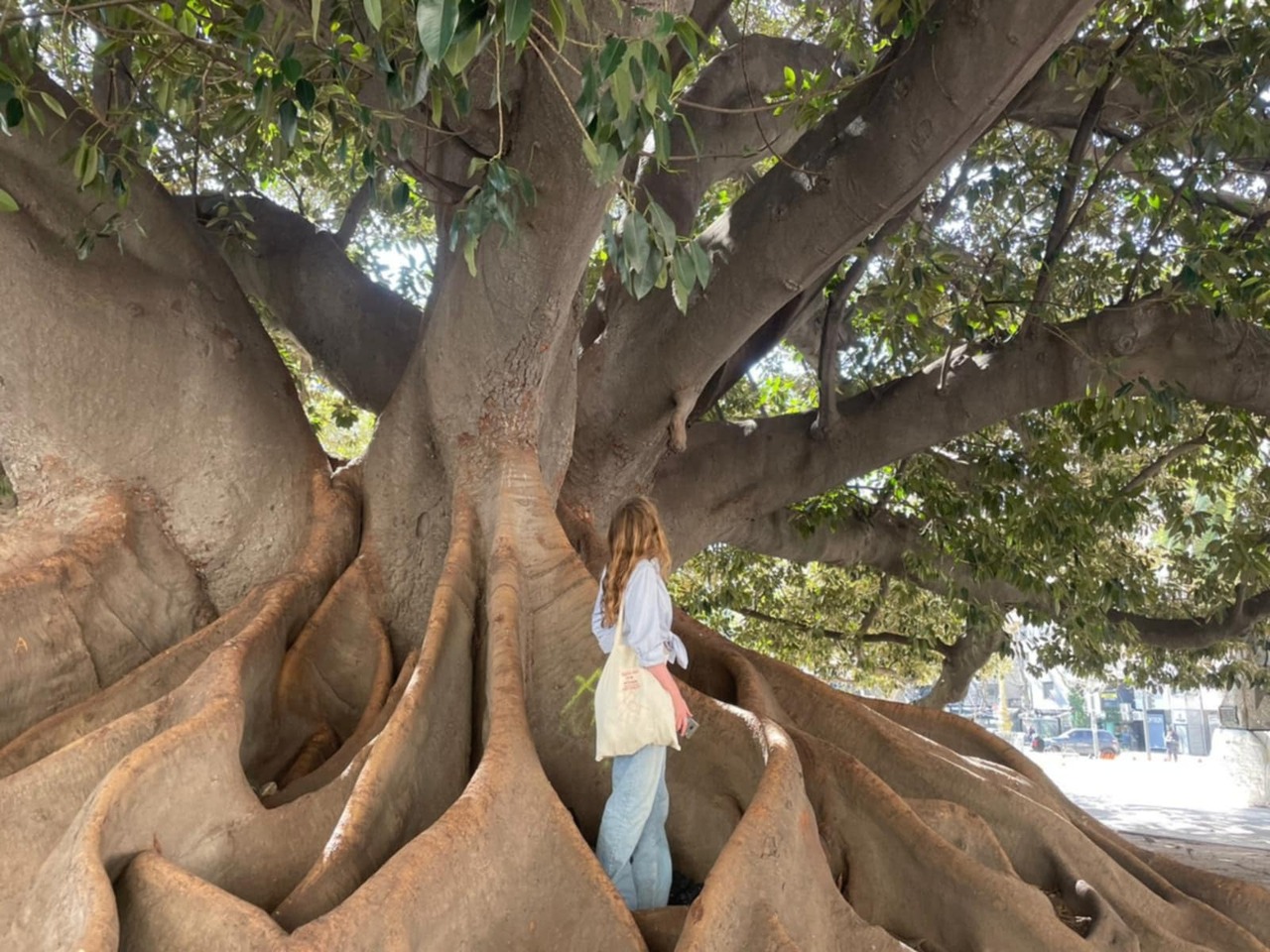
Argentina is known globally for its many natural and human abundances; its delicious wine, beautiful waterfalls, rainforests and mountains- not to mention the architecture and culture of Buenos Aires. I was honoured to enjoy all of these wonders on my LIA, but they were not the main reason I woke up at 6am on the 14th of August and took myself on a 32 hour journey to Tigre.
After conducting copious research on different environmentally linked NGOs, Charities, Not-for-profits and organisations globally I chose to work with Voluntario Global due to their ‘local for global’ ethos. Voluntario Global are an Argentinian NGO, with a range of projects across Buenos Aires. They aim to create meaningful impact in local communities, in the effort to contribute to a global movement of change- inspiring not only argentinian residents but international volunteers too. They flip the idea of ‘voluntourism’ on its head; instead of understanding ‘voluntourism’ as an ungenuine voluntary experience centred in self-interest they reconfigure the concept to define the encouragement of all tourist to not only visit a country purely for leisure [by undertaking volunteering whilst one travels, it gives them a truer understand of the culture and daily lives of residents]. Voluntario Global removed my rose tinted glasses, and by doing so they allowed me to see clearer and connect deeper with the friends I made.
I worked in a rotational workflow during my voluntary experience with my main focus being on the agricultural centre MILPA (MILPA Comunidad agroecológica). This center and its directors equip local communities with gardening and landscaping skills through agroecology—a blend of science, social activism, and hands-on practice—aiming to boost their confidence, create job opportunities, and foster a communal lifestyle.
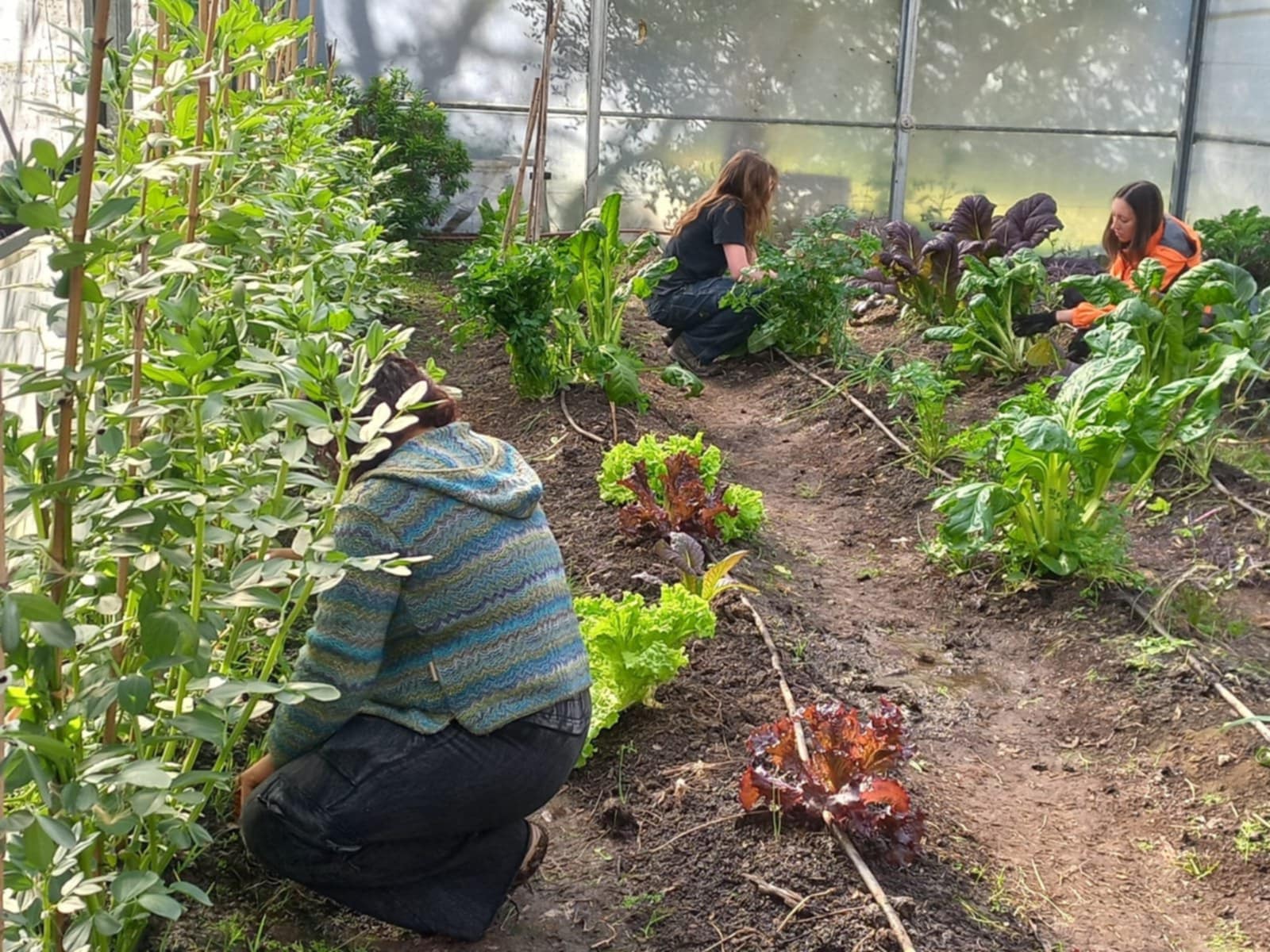
As I am very interested in environmental rights and protection, this Voluntario Global project interested me the most and it gave me a chance to get my hands dirty [literally]. As I arrived in the transition period between winter and spring in the southern hemisphere, my role largely consisted of preparing the earth in the green house and in the external planning beds for the new season, unrooting and storing or using the winter crops before planting and cultivating the new seeds to grow for summer. Above is Isabel and I working in the greenhouse and below we are preparing a shared meal for the volunteers from the winter vegetables.
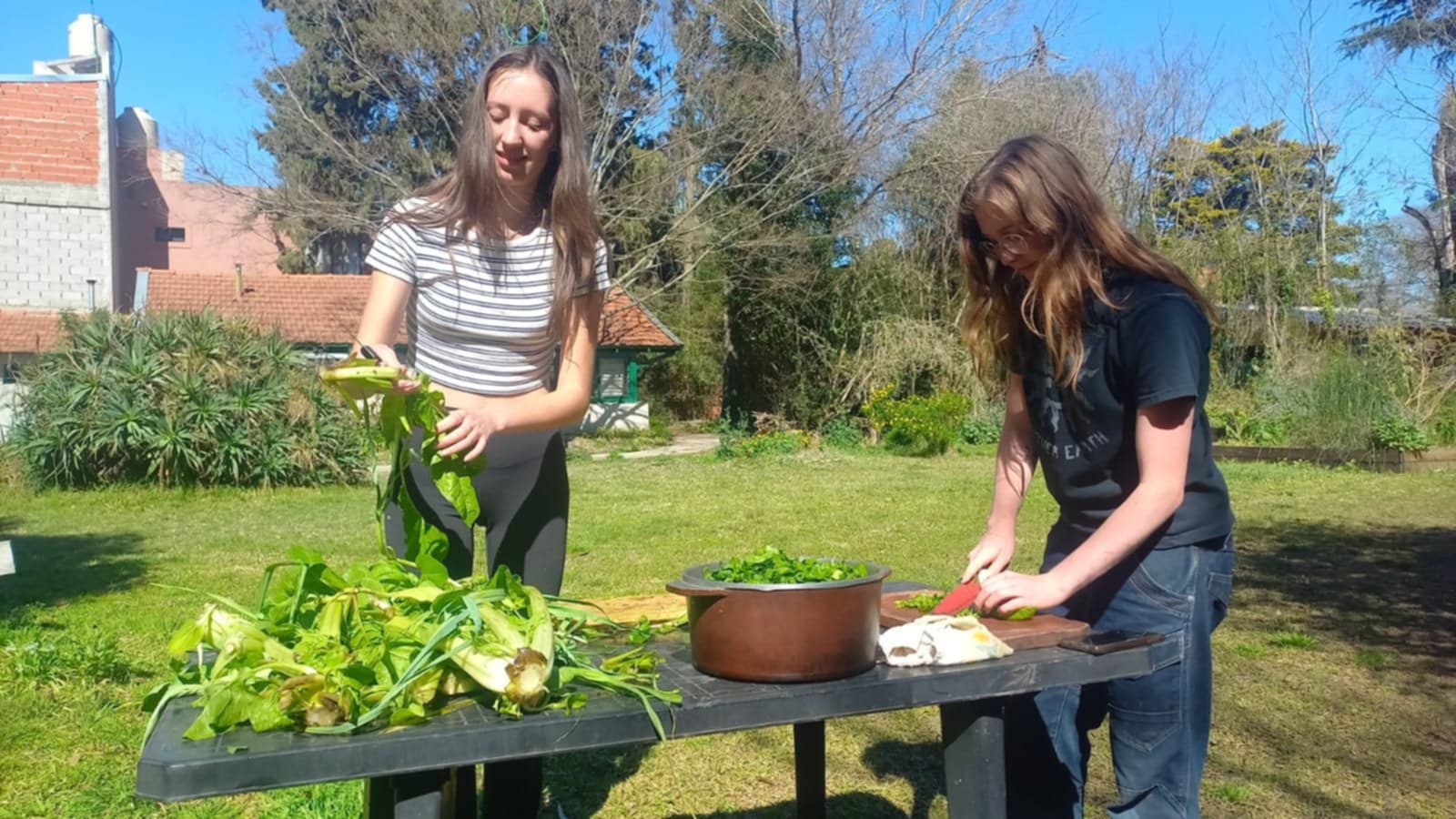
In addition to this main workflow, I also worked at the local CEPAN [Centro de Prevención y Asistencia en Nutrición]- a small scale health center specialising in aid typically for parents, young children and vulnerable communities. I lead two group workshops here, for adolescents focusing on mental health and for elderly people focusing on gardening work and nutrition. Another community group I was involved in was the CPD- and yes there are many acronyms used in Voluntario Global [it took me a focused attempt to master them all]. This community center was instituted for children to learn valuable skills after school, and encouraged them to apply these in their further education or in gaining work. I joined the technology workshop with Luca [pictured to my right], and through this connected with many talented young minds who inspired me to test my boundaries and push myself to learn more right alongside them. Who knew I could rewire a motherboard?
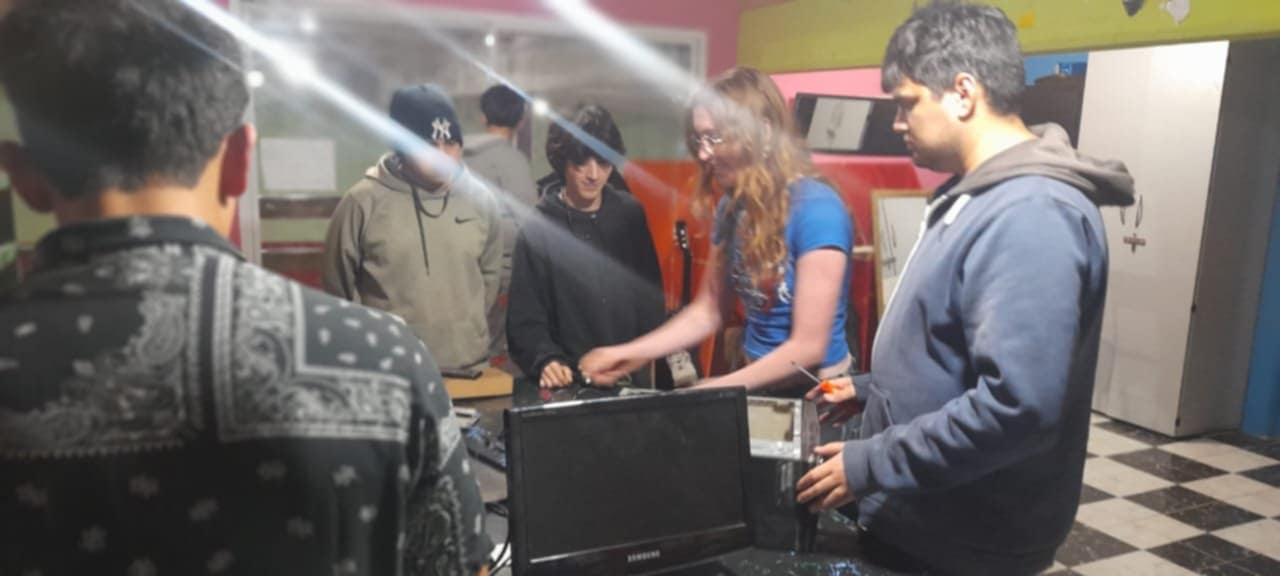
During my final week within Tigre, I had the opportunity to cook a meal for the elderly group I worked with at the CEPAN. In previous sessions, I co-led gardening workshops with Diana [pictured with red hair to the left of the CEPAN banner in the below picture] for participants from the local community- creating a hub of agricultural learning and social support for people who may have been isolated without the class. Each class we worked in the garden first, before washing our hands free from dirt and heading into the community kitchen to prepare a meal together using as many ingredients from the garden as possible. The theme of communal work followed by a shared meal that celebrates your work cultivating food, to be enjoyed as a team and friends, was consistent throughout my time with Voluntario Global. As well as making me a very happy and full volunteer, it perfectly encapsulates their critical objectives of eco-litteracy, reconnecting agriculture with food systems and community building.
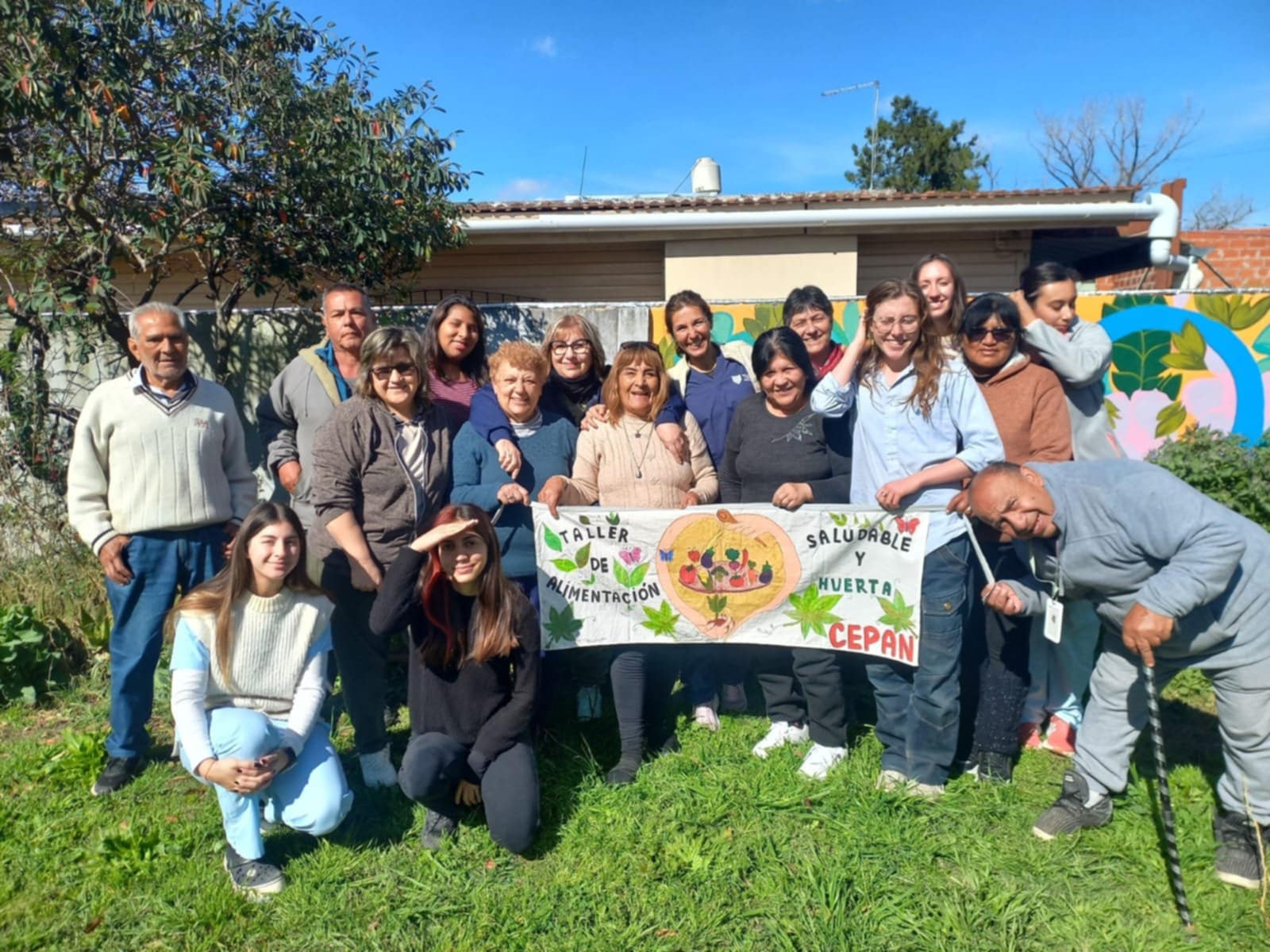
I was overjoyed at being able to bring a taste of home by cooking Lancashire Hotpot for the group, as they supported me through homesickness and language confusion in my first few weeks. Jose was the ultimate gentleman throughout my CEPAN sessions [pictured to my right, striking a pose], so getting his stamp of approval on my cooking was the cherry on top! One important maxim I learned from this group, was to let go of assumptions on leadership; I assumed as the leader of the sessions, I would be helping participants unilaterally but by the end I had come to know these people not as my “class” but as friends.




Please sign in
If you are a registered user on Laidlaw Scholars Network, please sign in